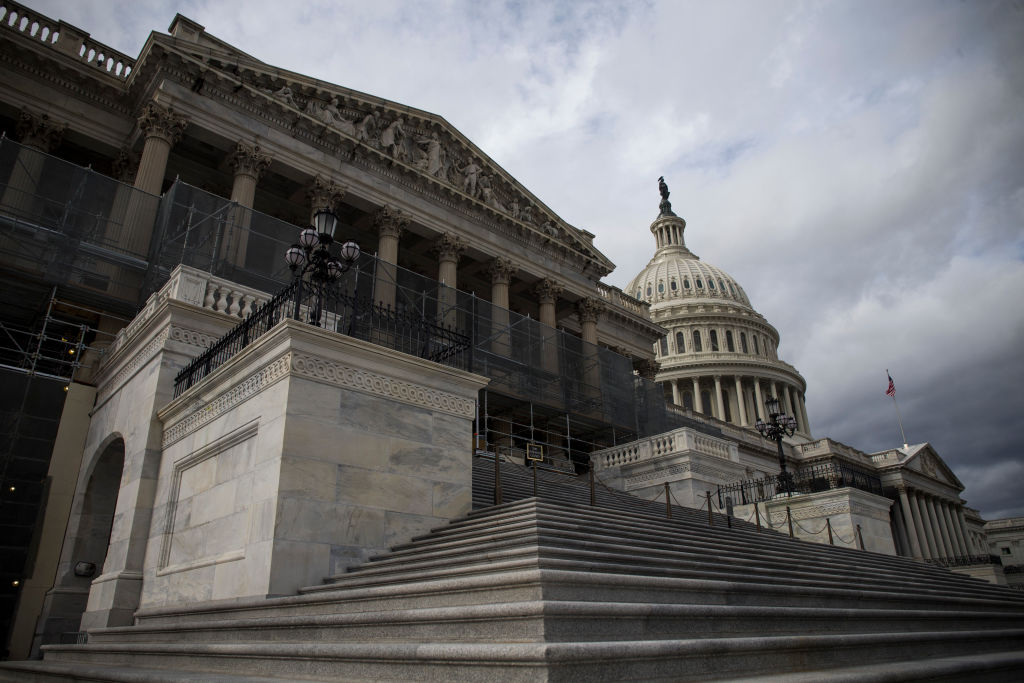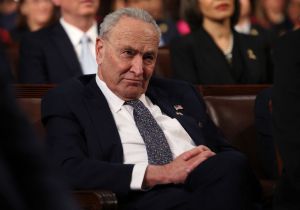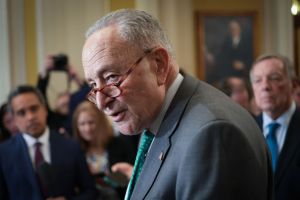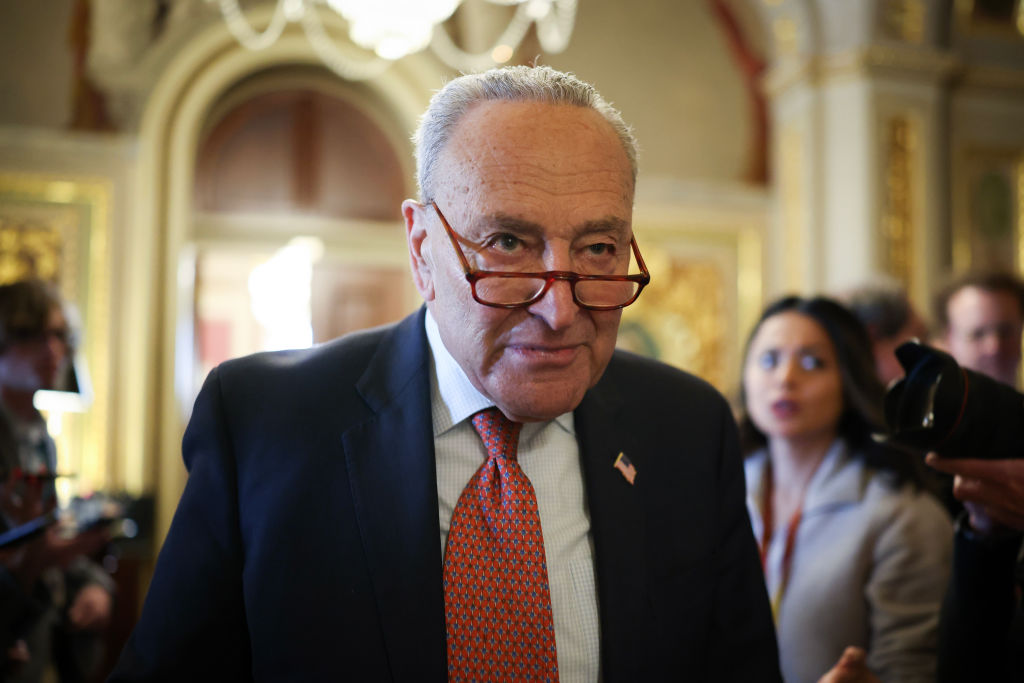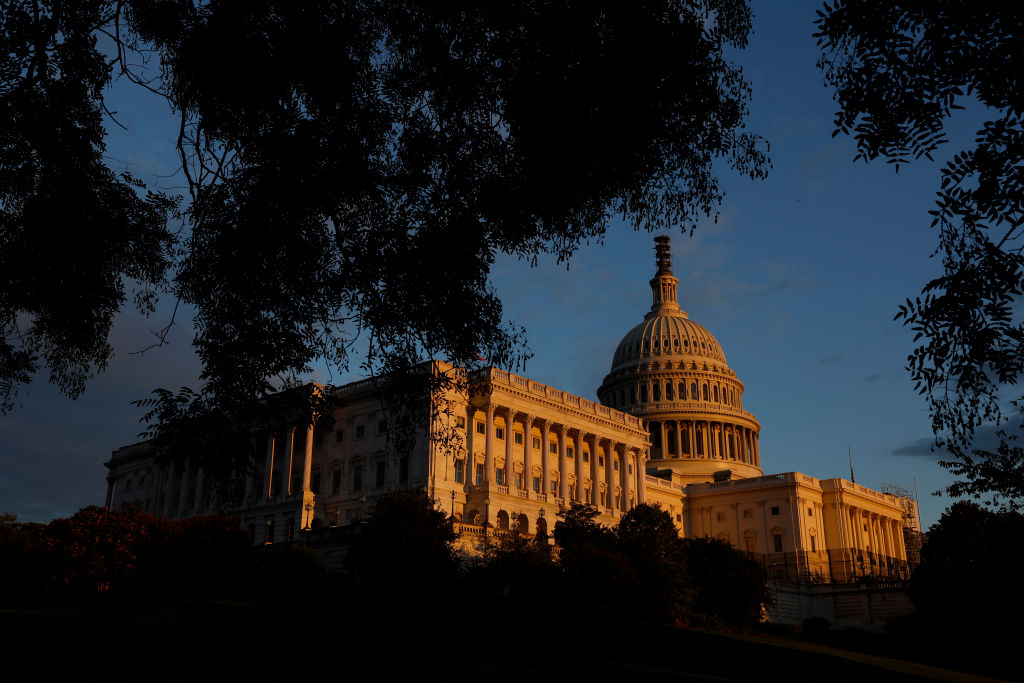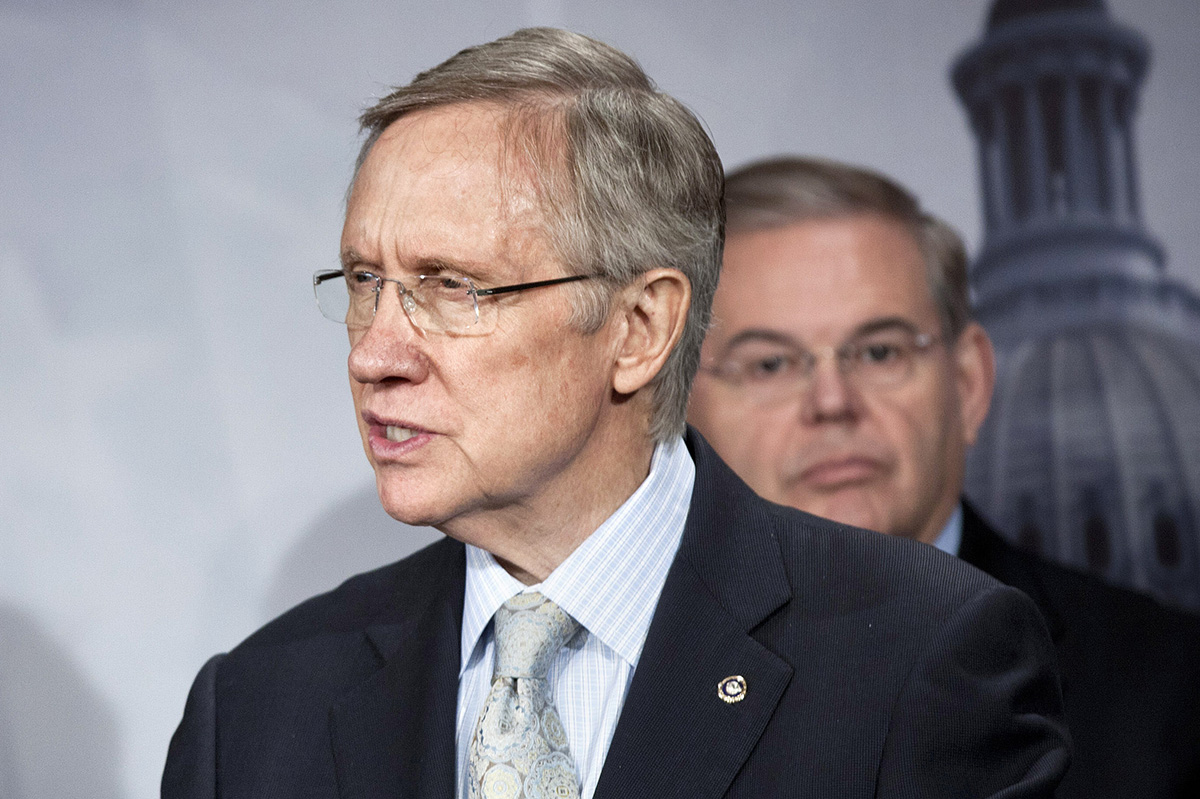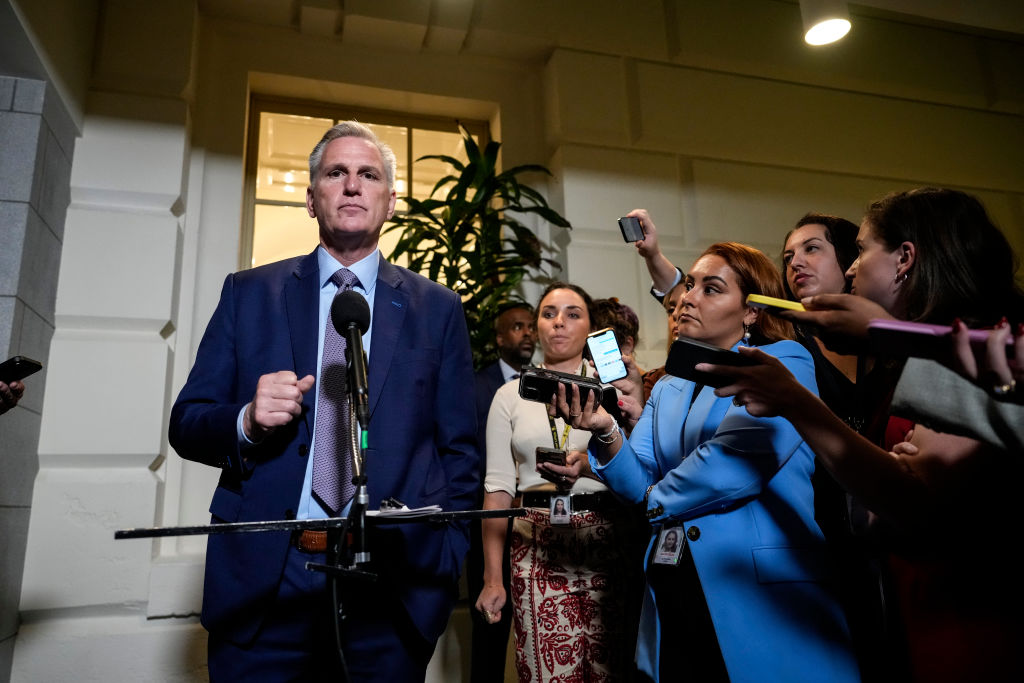The DC media complex is not happy with the partial shutdown of the federal government. The government shutdown drags into the New Year, they tell us! It could go on for the rest of January, they cry! ‘Promise?,’ is the only thought that readily comes to my mind. It’s actually been quite peaceful with Congress gone and the bureaucracy on furlough.
But to be completely frank, while a complete shutdown of the federal government has some impish attraction both in reality and as a thought experiment, that’s not what’s happening. Still, if the shutdown extended into say February or March or beyond, how quickly would state and local government pick up the slack? What about private enterprise and community-based organizations? They’re certainly capable of doing so, but it would take some effort.
Though one wonders who would listen in on our phone conversations if the surveillance state were suddenly made redundant? But Christmas was last week, so that’s probably too much to ask.
Yet for all of the breathless commentary from Beltway media, the reality is that the federal government can’t even shut itself down properly. Only about 25 percent of the federal government is affected. The military is fully funded and on duty, as are Social Security and Medicare. The US Postal Services continues delivering unwanted flyers and coupons, the TSA is fully funded and patting people down, and the Veterans Administration is still providing substandard care to our veterans.
On a more personal level, I have noted with satisfaction that when I turn on the faucet, water still comes out. When I drive to the store, the street lights are still on. In fact, I passed a police officer on the way to get a coffee this morning, so our neighborhood remains safe. So what am I missing? Not much it turns out. And neither is almost anyone else.
Maybe what we learned from the shutdown is that for all of the talk, all of the money, all of the skyrocketing debt, the federal government is mostly non-essential. The State Department? Mostly unnecessary and designed for another era. If the president wants to talk to the leader of Burkina Faso, he can send him an email. Instead of the diplomacy in service of American interests, State has become mostly a colonial office for our post Cold War policy of moral imperialism. And State is one of the original cabinet level departments which we actually need in some much more limited capacity. It gets worse from there. The myriad departments and agencies, variously referred to as ‘the bureaucracy’, ‘the administrative state’, or more malevolently ‘the deep state’, represent much of the swamp that President Trump promised to drain. In that regard, the partial shut-down can be seen as consistent with his larger platform. But he should make it permanent. Here are some concrete ideas for the president to win the politics of the shutdown and do some good for the country at the same time:
1. Propose the permanent shuttering of non-essential cabinet level departments. Closing the Department of Energy would save $32.5 billion, Department of Commerce, $61.8 billion, and the Department of Education, $59.9 billion. These are not new or radical ideas for Republicans. Reagan tried to close the Department of Education in 1981. And the current Secretary of Energy, Rick Perry, proposed closing his own Department when running for president. Are they really non-essential? In a word, yes. But let me put it in perspective with a few questions: The Department of Education was created in 1979. Does anyone believe that American education has improved since then? Does anyone think American commerce would cease if the department were closed?
2. Offer early retirement to non-essential federal employees who have been furloughed. This is common practice in the private sector. It would help make the federal government more efficient, thus reducing a drag on the economy, and would allow those people to pursue more productive employment while giving them the financial security to make the transition.
3. Encourage Congress to reassert its constitutional power as the primary lawmaking body of the federal government. Congress long ago ceded this authority to the deep state which is unelected, unaccountable, and makes far more law than Congress. For example, in 2016, Congress passed 214 bills which became law while the deep state made 3,853 ‘rules’ with the force of law.
4. Return power to state and local government. Over the past few generations, Washington has turned state governments into little more than administrators of federal programs. This action eviscerated our system of federalism and deprived the people not only of one of the most effective checks on federal power but also of the benefits of robust, responsive state and local government. The shutdown is an opportunity to begin righting that wrong.
Would it be too much to hope for that the regularity of government furloughs and concomitant delays in paychecks would spur private benevolent institutions to fill any gap that may emerge in care for the poor? Certainly churches and other charitable organizations would be eager to feed the hungry but they have been crowded out by federal programs that reduce life to a demeaning and dehumanizing financial transaction while removing the ennobling aspects of charity. In fact, they refuse to call it charity, making such things ‘entitlements’ which are funded by involuntary takings. Much better and more humane would be a system that encouraged voluntary giving, real human interaction, and robust communities rather than anonymous transfers of funds.
The stated reason for the shutdown is funding for the border wall, but there are so many more opportunities in play for Trump and the America First agenda that it would be shame to, as Progressives like to say, let a crisis go to waste. Both parties have a tacit agreement to run trillion dollar deficits until a financial crisis forces a reckoning, but these simple steps would actually put the ship of state on a course of fiscal probity, republican accountability, and civic engagement unseen in a century.



